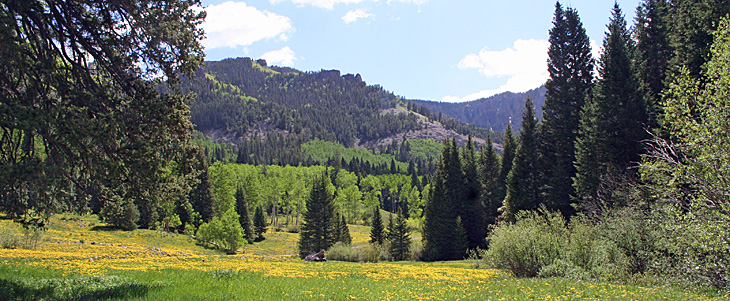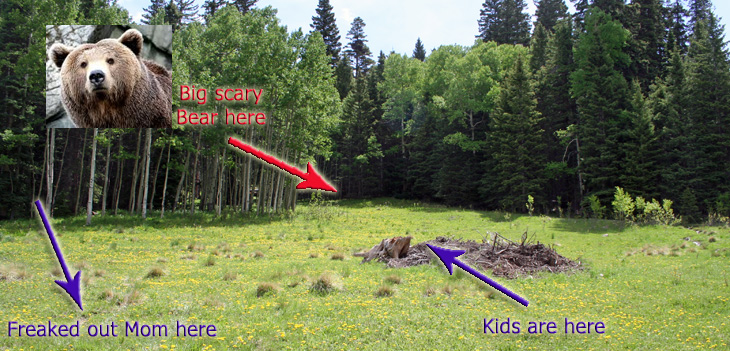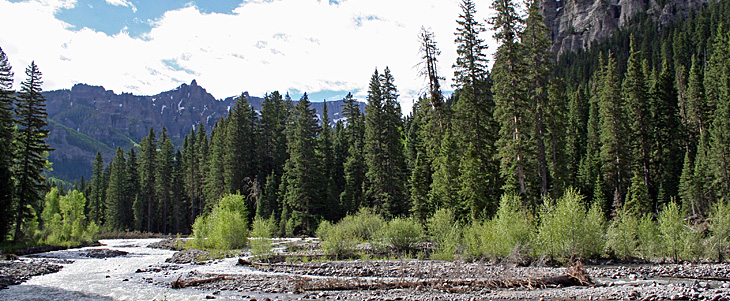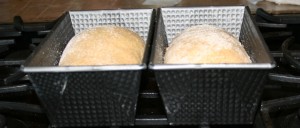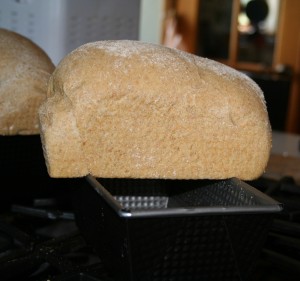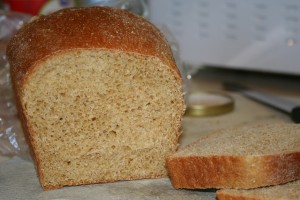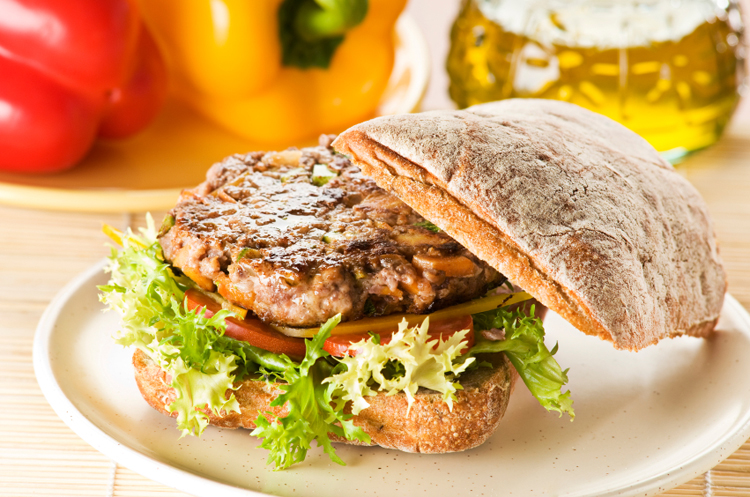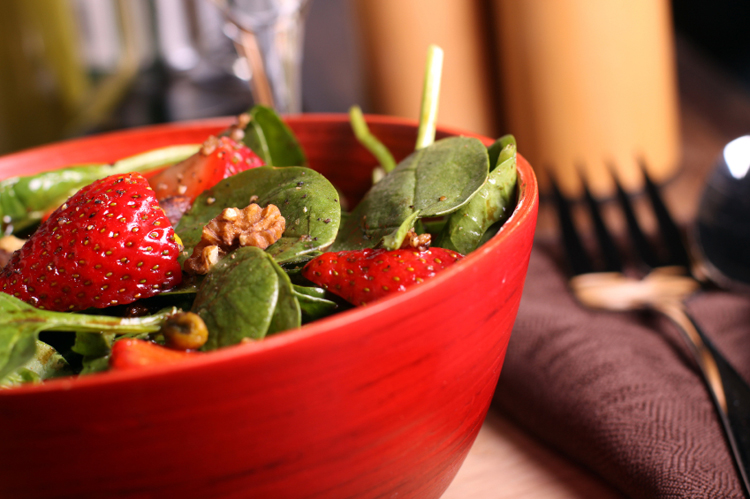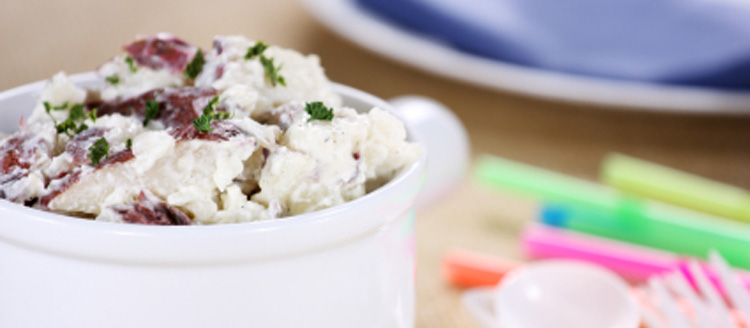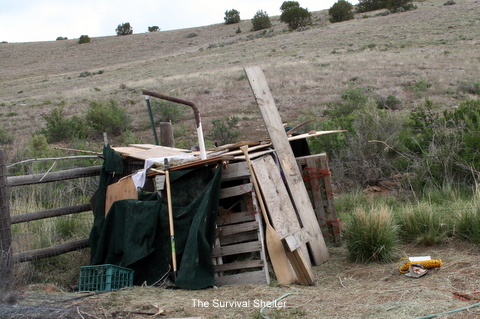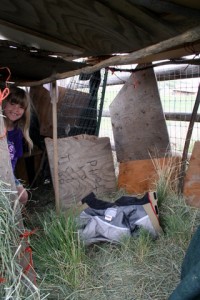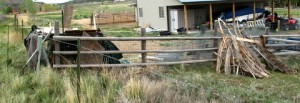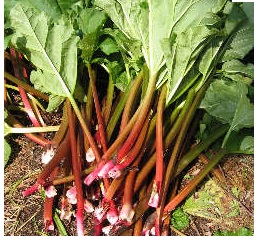Written by Marilyn
My friends Tara Miller and Sam Brown have compiled numerous practical tips including a Five-Day Kitchen Diary to make cooking in the Global Sun Oven successful and fun. Sun Ovens are the perfect way to keep a kitchen cool while reducing energy consumption during the hottest days of summer.
Ed Note: They have been cooking most of their food in their Global Sun Oven year- around for 20 years even here in the coldest part of a Colorado winter. They enthusiastically recommend Solar Cooking to everyone and practice what they preach as they own four sun ovens and have traveled to Peru to teach natives how to cook in it.
What can you cook in a solar oven?
A solar oven allows you to prepare a wide variety of high quality foods including vegetables, soups, stews, beans, desserts, breads, cakes, meats and more.
Getting Started Basics:
- Use black or dark cooking pots or cast iron.
- Brush oil on fresh meat to assist with browning.
- Soak dried beans, lentils, or grains in water overnight.
- When cooking dry foods such as rice, use slightly less water than usual.
- To cook vegetables: Preheat your dark pot that has a cover and use a small amount of water, about 1/3 cup. This accelerates the cooking process and also preserves vitamins. A covered pot keeps the moisture and heat in the pot.
- For soups and stews: Don’t put too much in one pot. It’s better to use two smaller pots.
- Plan on a little more time to cook than for conventional stove top or oven baking.
- Use a sunny, south facing location. Plan for a convenient shelter nearby such as a deck.
- Prop the oven toward the sun so the sunlight strikes the glass at 90 degrees and adjust the oven toward the sun every 30 to 45 minutes for maximum temperature.
- Best cooking hours are 10:00 am to 3:00 pm. but longer in the summer.
- A folded towel placed over the glass when the food is done will hold food warm for a couple of hours.
Baking Tips: Baking normally will take longer than baking in a conventional oven. For cornbread, preheat a cast iron skillet or baking pan for a crispy crust. For cakes, yeast breads or baked potatoes, wait for a clear day so you can keep the heat high and consistent. Quick breads have been most reliable for me. Yeast breads baked in smaller, darker colored baking pans bake best in the Sun Oven. These are a favorite bread pan.
Stove Top Cooking Tips: Start the liquids heating up in the cooker ahead of time, or bring water or other liquids to a boil on a conventional stove top and then put the pot in the cooker. Also, preheat the cooking pot; the lid, and the rocks to keep the heat up.
Lower temperature or simmering Tips: Adjust the Sun Oven slightly away from the direct sun. Simmering can happen even if the day is slightly overcast.
Cooking while you’re away from home: Put your food (say a pot of seasoned, pre-soaked beans) in the well-propped cooker, adjusted for noon. Enjoy the satisfaction of coming home to a solar cooked meal ready to serve.
Quick and Easy Ideas for a busy day: Bake extra potatoes for frying later, cook chunks of squash, whole chicken, burritos, frozen foods, and precooked entrees.
Diary From a Northern Hemisphere Kitchen by Tara Miller
WEDNESDAY:
Roast chicken in solar cooker. Dust a little paprika on top so the chicken isn’t so white. This will enhance the color to the surface of the meat. Place potatoes and carrots or other vegetables alongside the chicken for the last 20 minutes or so. Refrigerate or freeze select meat (such as the breast meat). We ate with our fingers and feasted on the chicken, saving the bones and skin for soup stock.
THURSDAY:
Boil leftover chicken bones several hours or more to make stock. Adjust cooker regularly to keep it simmering.
Lunch: Cold, diced chicken breast salad or sandwiches from yesterday’s leftovers.
Supper: Chicken Soup: In the late afternoon,: strain and discard the bones, skim fat (Refrigerate or freeze part of broth for future use). Return about a quart of the broth to the cooker and add 1/4 cup barley, cook at least an hour. About 45 minutes before supper time add other vegetables: onion, garlic, carrots, green beans; later, add chopped chard. Season at the last minute with garden sage, thyme, salt.
FRIDAY:
Lunch: leftover soup, either cold or warmed in cooker.
Midafternoon: Start the rice: bring 4 cups salted water to a boil in an oversized kettle (the extra space will serve as a steamer later) in the solar cooker, add 2 cups brown rice. Position in slightly advanced to sun perfect position* and rice will cook with no further attention.
Supper: When the rice is nearly done place quick cooking vegetables such as edible pea pods and chopped greens to steam on top of the rice and cover. To serve: Skim vegetables off the top of the rice and season creatively: Try garlic, olive oil and basil, or chutney, or plum sauce or whatever you have on hand.
SATURDAY (This is a busy day diary and presumes the use of more than one cooker.)
Early: Set cookers in position facing where the sun will first strike. Place an empty cast iron kettle with cover in one cooker to preheat for potatoes later.
Breakfast: Leftover rice from the bottom of yesterday’s kettle. Fix it the way you eat your breakfast oatmeal or cold cereal with cream or yogurt, butter, maple syrup, brown sugar, nuts, dried fruits etc.
Midmorning: Scrub potatoes and place in hot, preheated kettle or cast iron pot. Position in slightly advanced to sun perfect position* and potatoes will cook with no further attention.
Lunch: Remove the hot baked potatoes. Leave kettle in cooker, readjust the solar cooker for full sun power. Eat baked potato bar with your favorite toppings such as bacon bits, shredded cheese, butter, chives, etc. Cool the rest of the potatoes and refrigerate. Leftover potatoes will be used either grated for breakfast hashbrowns and eggs, or made into potato salad later in the week.
Throw corn on the cob in the kettle. This was tough corn, so I husked it and left the cooker at sun perfect position* so it would cook for about 45 minutes. Other options for afternoon cooking in that preheated kettle: whole beets, or soup.
* Sun-perfect position has the glass tilted exactly perpendicular to the angle of incoming sun light and with the shadow symmetrical behind the cooker. “Advanced” to sun perfect position has that shadow set so that “sun-perfect position” will come in about 20 minutes. My Sun Oven will bake at peak temperatures for 45 minutes to an hour with no further adjustments starting from this advanced position.
SUNDAY
Our little cherry tree has one final picking of sour red pie cherries. We preserved some of them by canning in the solar cooker. Canning in a solar cooker is considered an advanced skill recommended for experienced solar oven enthusiasts only. So I have not included the instructions. If you want more information, please email me at marilyn@urbanhomemaker.com
Cherry Cobbler
Place four cups of juicy cherries in the bottom of black enamel 8 x 12 baking pan. For a festive touch, save out a handful to decorate the top.
Stir into cherries either 2 tablespoons corn starch or 2 tablespoons quick cooking tapioca. If using tapioca, let it sit for at least 15 minutes.
Mix crispy crust by:
Cream together 1/2 cup butter with 3/4 cup brown sugar
Sift together in a small bowl:
1 cup flour
1/4 teaspoon baking soda
1/4 teaspoon baking powder
1/4 teaspoon salt
Mix flour mixtures with the butter/sugar mixture, then add:
1 cup oatmeal
Stir well and spread over the top of the cherries. Just for fun make a little drawing on top of the crust with the saved cherries. Consider that the dark color of the cherries may encourage more efficient absorption of solar radiation.
Optional version is to put the entire crust UNDER the cherries. Be sure to soak the tapioca in the cherry juice at least 15 minutes: Use 1 1/2 Tablespoons quick-cooking tapioca for each 1/2 cup juice.
Best of all, Have Fun with your Global Sun Oven!
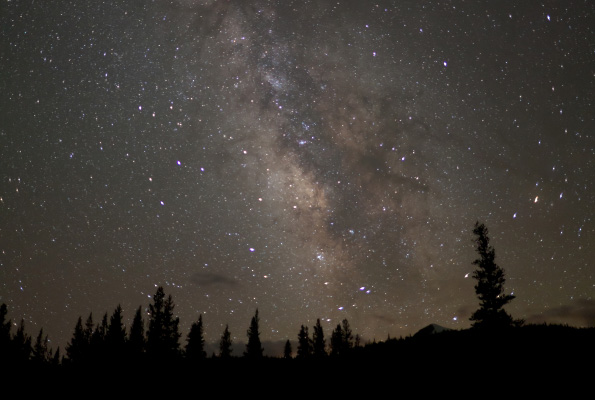
 Did you know the typical mattress gains 10 –20 pounds over its life because your home contains millions of dust mites and their fecal matter live in mattresses, furniture, carpet, and children’s stuffed toys? Not a very pleasant topic but there is an easy, safe solution to a nasty household problem.
Did you know the typical mattress gains 10 –20 pounds over its life because your home contains millions of dust mites and their fecal matter live in mattresses, furniture, carpet, and children’s stuffed toys? Not a very pleasant topic but there is an easy, safe solution to a nasty household problem.
